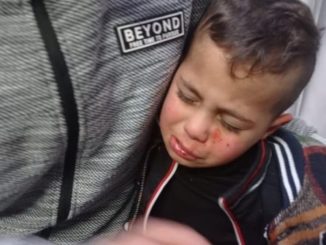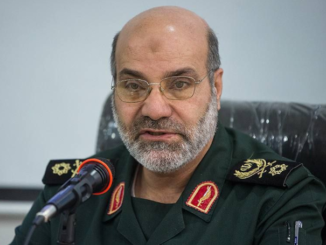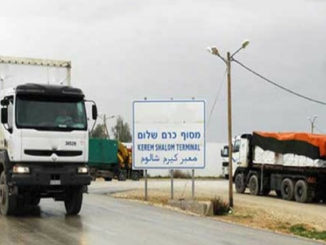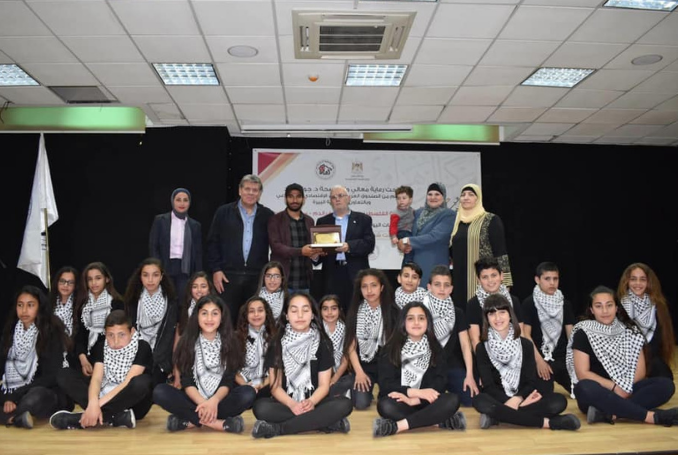
Hemophilia Advocate and my mentor, Laurie Kelly, uses one of her hemophilia publications (a newsletter called Hemophilia Leader) to identify and summarize the needs of the Palestinian Bleeding Disorder community, while also highlighting my personal experience and life as a Palestinian-American hemophiliac. She would later refer to this publication and my story in the introduction of her 2004 book, Success as a Hemophilia Leader.
In the newsletter, Laurie Kelley stated:
“Jad moved to the US to get better health care, then Jad moved back to the West Bank trying to get his fellow Palestinian hemophiliacs better health care.”
As a Palestinian-American citizen, I lived in the United States for more than 20 years and received the best Hemophilia health and social care anyone in the world could ask for. Years later, after my health condition deteriorated due to Hemophilia complications and improper, and at times non-available, health treatment/care in Palestine, I traveled back to the United States and received my life-saving liver transplant at Henry Ford Hospital in Detroit.
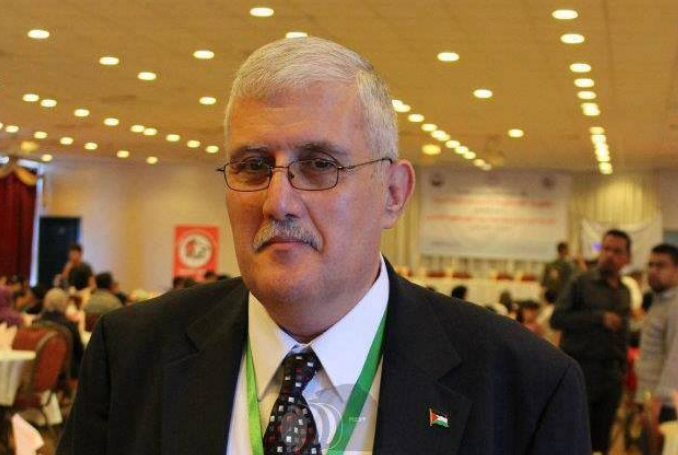
Members of the Palestinian Bleeding Disorders community in the West Bank and Gaza strip not only suffer from their medical conditions; they also suffer from the instability of the political situation in the region.
These members of the Hemophilia community in Palestine are not only suffering from Hemophilia A or Hemophilia B, but they are also suffering from any one of thirteen various genetic and inherited bleeding disorders. These thirteen diseases result from malfunctions in one of the clotting factors, or platelets that play a role in the clotting process of the blood. The result of these malfunctions are ongoing bleeds in the joints, muscles, and internal organs that are caused by any small or major injuries such as cuts and bruises. A lot of the time, the bleeding just happens spontaneously.
The result of these ongoing bleeds and the unavailability of the needed medication (clotting factor IV shots) as well as the lack of comprehensive medical care for bleeding disorder patients, all lead to risky and deadly complications including severe pain, limitation of movement, joint, muscle, and organ damage, and even death.
Members of the Hemophilia and bleeding disorder community in Palestine have an added element of uniqueness in their suffering as compared to their counterparts worldwide. They face extra obstacles and needs in addition to the existing medical and psychosocial necessities of their daily lives.
Palestinian bleeding disorder patients and their families are a marginalized segment of the local community as well as the Middle East in general. They suffer extremely from the Israeli Occupation of Palestinian land as well as the geographical separation and movement restriction between the West Bank, the Gaza Strip, Jerusalem, and the outside world. These patients and their families are deprived of their human, medical, and social rights in addition to the violations they face from the Israeli military government rule.
In addition to this, Hemophilia and other bleeding disorder patients are not a priority to the Palestinian Authority and are not provided for or capable to be provided the minimum required medical needs.
According to local and international law, which is based on human rights principles and conventions, the right to health is required for oppressed people under military occupation and they must receive proper and basic healthcare and medications.
Does the international community know what is going on in the Palestinian occupied territory on the ground and how the health sector is being affected? Let the world deal with the facts on the ground.
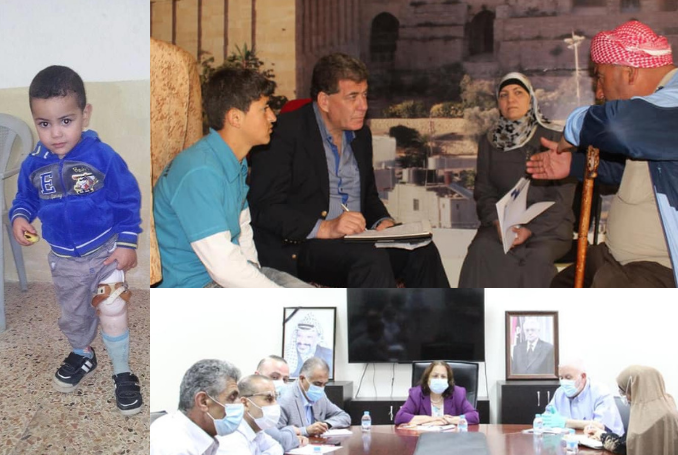
In regards to the ongoing suffering of Palestinian patients of bleeding disorders, I can testify from my personal experience and my around-the-hour communication, contact, and dealing with hundreds of patients and their families from various governorates, cities all around Palestine, not just Al-Bireh, where I reside and where the headquarters of the Palestinian Society for Bleeding Disorders (PSBD) is located.
I can identify and summarize the urgent issues and needs raised by the Hemophilia community in Palestine in the following items:
- The essential and ongoing needed medications for the Bleeding disorders patients, which are called Clotting Factors are not bought, provided, found, or administered regularly or in proper doses by the staff of the Ministry of Health. This is referring to all different kinds of clotting factors, such as factors eight and nine, as well as protein c, factors 7, 9, 10, and VW and platelets.
- The Patients and their families always document, complain, and raise the concerns of their need for factor availability and accessibility which are essential medication needed to control their bleeds, where the medication is needed twice or three times a week. Lack of medication can and will cause death. This has unfortunately happened with many patients such as school Principal Mr. Eid Hazaleem from Hebron and the child Aysar Abu Asal from Tulkarem.
- Politicians, administrative and financial staff members at the Palestinian Authority, and International donors are not realizing the need for those medications and how they must be available in quantities to be taken around the hour as needed and not only on-demand at hospitals. They are more lifesaving and cost-effective if administered in a prophylactic and in a home therapy treatment.
- Due to ongoing bleeds and accumulative complications in joints, muscles, and internal organs which cause damages, limitations in motion, and disabilities, the patients need the regular, ongoing, and comprehensive care of a team of medical and psychosocial team. Not only does each patient need care from a hemophilia specialist hematologist, but also a nurse, orthopedic specialist, physical therapist, liver specialist, nutritionist, dentist, ophthalmologist, social worker, psychologist, and other related specialists.
- Lack of capacity building and development of staff at local institutions hurts patients and prevents them from getting their needed health care.
- Geographical separation and division of the Palestinian territory due to Israeli occupation and military roles and harsh practices including the prevention of Patients to travel between the Gaza strip, West Bank, Jerusalem, or abroad easily to get better treatment as a last resort.
It has been more than two and half decades since the Oslo peace agreement was signed Between the Palestinians and the Israeli Occupiers’ forces, and despite all the promises attached to the agreement and the actual projects implemented to develop the health sector, I can say from the Hemophilia and Bleeding disorders community perspectives, we have not witnessed any upgraded level to the health status of the hemophilia patients. On the contrary, more patients are constantly being identified with more clotting factors needed and bigger health complications are being witnessed in the patients.
Right to health will always identify the responsibility of health care to the governing authority and to the occupying forces, but due to the ongoing crisis and dilemma, I do believe, advise and recommend that Civil and professional communities from around the world need to cooperate and build people-to-people initiatives and develop strategic, sustainable, and long term volunteering and Humanitarian efforts to support the Bleeding disorders community in Palestine.
– Jad K.Jadallah Tawil is a Palestinian- American civil rights activist living in the West Bank, Founder and Board Director of the Palestinian Society For Bleeding Disorders Society, PSBD. His email is jkjtawil@yahoo.com. He contributed this article to The Palestine Chronicle.



